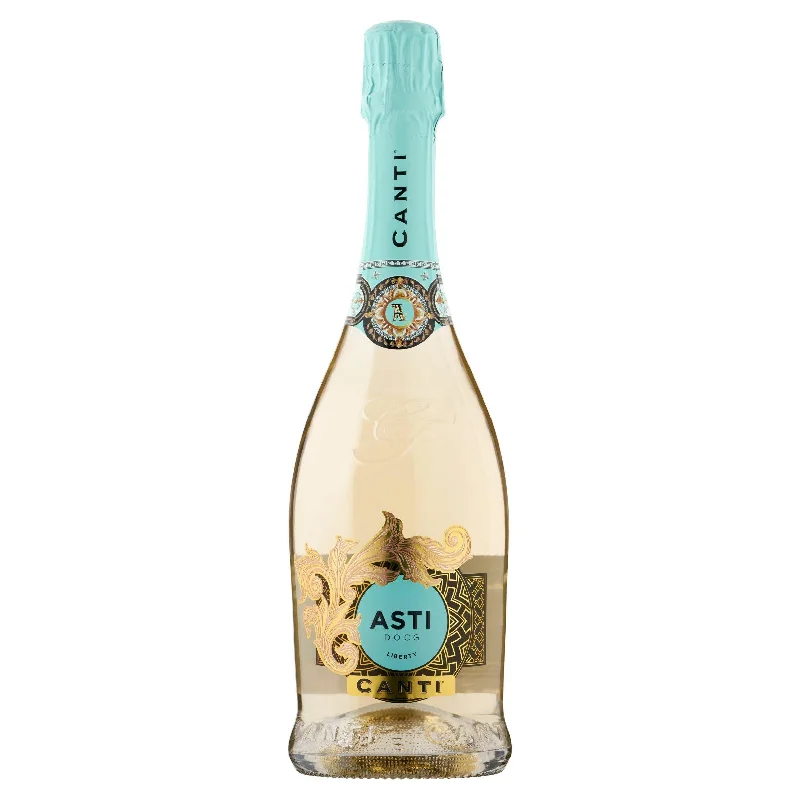Description
It comes from a short and traced supply chain. It identifies the territory of origin and enhances its uniqueness. The Vineyards overlooking the sun, develop on the gentle slopes of Cossano Belbo and have been owned by Gianni Martini's family for generations. Fresh and floral with a savoury and mineral finish in perfect 'Liberty' style enhances oysters, blue cheeses and desserts. Ideal even on its own to finish your meal with elegance.
Green Dot
Dietary Information
Allergy Advice
Contains Sulphites
Manufacturer
Produced by:
Canti Family S.P.A,
Milano,
Italia.
Preparation
Serving suggestion: Ideal even on its own to finish your meal with elegance
Country of Origin
Country of origin: Italy
Packaging
Bottle
Alcohol
Alcohol by volume: 8%
Agent: Italian Wines And Beverages
Grape variety: Muscat
Producer: Fratelli Martini Secondo Luigi S.p.A,
Winemaker: Massimo Marasso
Wine colour: White
Storage instructions: To enjoy this wine at its best, drink within of purchase.1 year
History: The Moscato Bianco grape (also known as Muscat Blanc a Petite Grains) has long been found in the Piedmont and along with Nebbiolo, may be one of the oldest grapes in the region. It comes from a short and traced supply. It identifies the territory of origin and enhances its uniqueness. The vineyards overlooking the sun, develop on the gentle slopes of Cossano Belbo and have been owned by Fratelli Martini family for generations.
Regional information: The official Asti zone stretches beyond the limits of the Asti province, to both east and west, nudging in the Cuneo and Alessandria provinces respectively. Its western limit is the village of Serralunga d'Alba, although few Moscato vines are planted there. The area is quite hilly and the sloping vineyards create many different mesoclimates and exposures.
Vinification: The method of production is governed by the rules of the Asti Consozio. The wine is made solely from Moscato grapes that have been grown in the Asti region of Northern Italy for hundreds of years. After the harvest the grapes must be separated from the stems before pressing and the must vinified separately from the skins. The juice is put into large temperature controlled tanks and fermented to produce a very light base wine.

